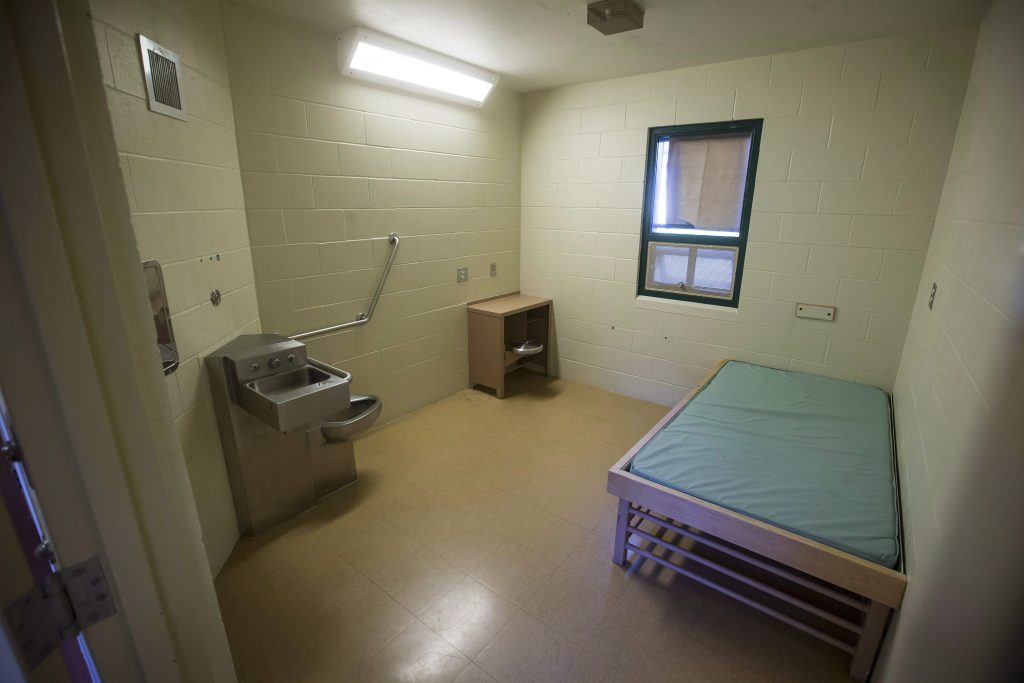Canada News
Planned body to review wrongful convictions must be forward-looking, report says

OTTAWA — Two former judges who led consultations on the creation of an independent commission to review possible wrongful convictions say the new body must be proactive and not simply react to applications from people who want to clear their name.
Harry LaForme, former justice of the Ontario Court of Appeal, and Juanita Westmoreland-Traoré, former judge of the Court of Quebec, conferred with interested parties on the potential structure and mandate of the new commission.
The release of their key findings and recommendations Thursday is the latest step toward fulfilling a commitment in a previous mandate letter for Justice Minister David Lametti to create a body that would make it easier and faster for potentially wrongfully convicted people to have their cases examined.
Under the current system, when someone has exhausted avenues of appeal in the courts, they can submit an application under section 696 of the Criminal Code for ministerial review of their case.
Applicants might seek the help of a lawyer or a group such as Innocence Canada. If the justice minister is satisfied a miscarriage of justice likely occurred, he or she may refer the case to a court of appeal to be heard anew or direct that a fresh trial be held.
An executive summary of the consultation report notes the existing ministerial system has been criticized by commissions of inquiry, courts and applicants as reactive.
The current process has failed to provide remedies for women and Indigenous and Black people in the same proportion as they are represented in Canada’s prisons, the two former judges said.
Since 2003, the minister has received 186 applications, providing 20 remedies in the form of orders of new trials or appeals.
“All of the recipients have been men. Only one was Indigenous and another was Black,” the report says.
“We believe that the new commission must be proactive and reach out to potential applicants, including Indigenous people, Black people, women and others who may have reasons to distrust a criminal justice system that had convicted them and denied their appeals.
“A concern about systemic discrimination and colonialism should be built into the legislative DNA of the commission.”
The body should adopt a systemic approach in the sense that it be concerned about both the correction of miscarriages of justice and their prevention, the former judges recommend.
Like New Zealand’s commission, Canada’s body should make its decisions public and have a mandate to examine and research general matters, the report says.
It recommends the new body be called the Miscarriages of Justice Commission and operate as independently and at arm’s length from government as possible, with adequate funding.
In taking over the justice minister’s power to direct new trials and appeals, the independent commission will exercise unique powers, the report says.
“If it is to have the power to require the independent judiciary to re-hear cases, it should be treated by government as far as possible in the same manner as the independent judiciary.”
The former judges also stress the new body should be concerned with all miscarriages of justice, not just cases where factual innocence can be established.
This report by The Canadian Press was first published Dec. 9, 2021.
Jim Bronskill, The Canadian Press





















